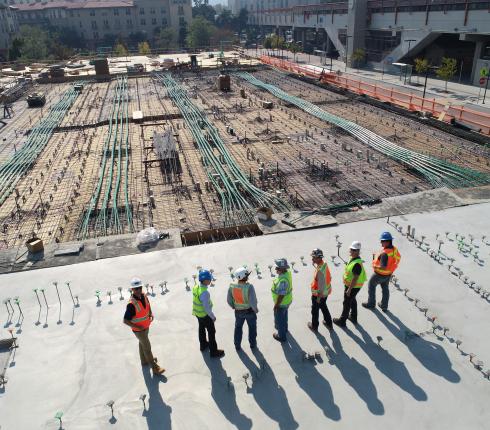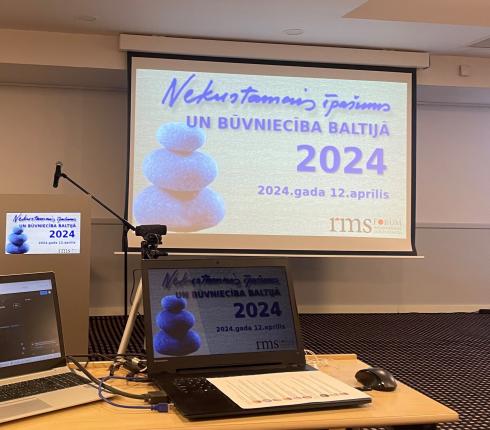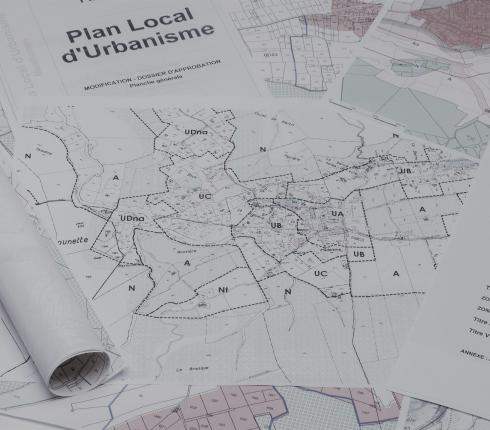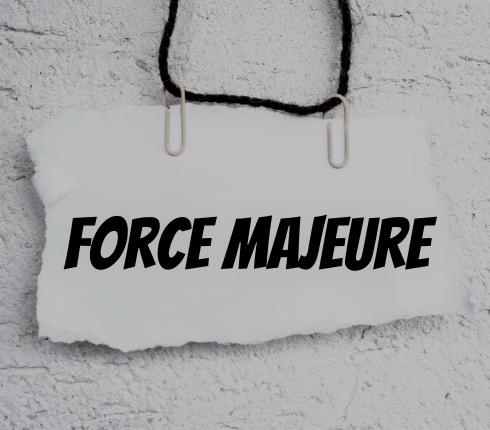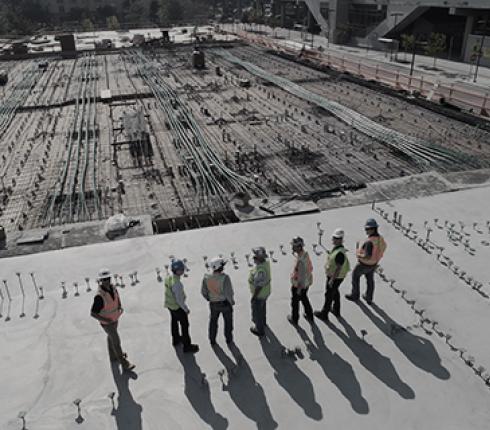NJORD Estonia: Purchasing real estate with a smart contract – a possibility or a pipedream?
Buying and selling real estate is some of the higher-value transactions, therefore, the possible damages are large-scale if the transaction does not go through as planned. A primary issue with the transfer of immovable property has always been a lack of trust between the parties to the transaction and a fear that the other party fails to fulfill the agreement on the agreed terms.

The seller is afraid to hand over the ownership of the property before receiving the purchase price and the buyer sees that paying the purchase price before receiving the ownership of the property or the fulfillment of other conditions, material for the buyer, is risky. The issue with the security of real estate transactions is attempted to be solved by using various intermediary services such as notaries, lawyers, banks and brokers. The primary aim of smart contracts is to eliminate the issue of not trusting the other party, to make the fulfillment of the agreement more secure and easy, by excluding intermediaries and the costs related to their involvement.
Legal phenomenon
A smart contract is a computer code generated electronic protocol, the essence of which is the transaction execution rules. The conditions programmed into a smart contract are monitored by software code and if the conditions are met, the transaction is executed automatically. In the case of traditional contracts, the intent of the parties is expressed by written text. With a smart contract, it can be said that the parties’ intent is expressed by means of computer code. By entering into a smart contract, the parties immediately also declare their intent to automatically perform the contract if the agreed terms and conditions are met. Using an automated system which is not dependent on the parties, eliminates the risk that a party interprets the conditions of the agreement for its own benefit, refuses to fulfill the agreement or delays the performance for one reason or another. A smart contract could also cover the consent by the parties to automatically pay the contractual penalties or penalties for late payment if a party breaches the commitments.
The viability of smart contracts in Estonia
The common practice in Estonia is that the purchase price for a real estate transaction is transferred from the buyer to the seller when any encumbrances (such as mortgages, seizures or notices concerning prohibition) on the property have been erased or the land register has been notified of the encumbrances being erased. Another prerequisite for paying the purchase price could be entering the buyer into the land register as the owner of the property. The erasure of encumbrances from the land register is verified by the notary and having made sure that the land register matches what the parties have agreed to, the deposited purchase price is transferred to the buyer. By using a smart contract technology, the land register would be verified by the software and when the encumbrances have been erased, the purchase price would automatically be transferred to the seller’s account. Thus, no one would need to monitor the status of the land register and the exchange of funds would occur without delay once the agreed conditions have been met. This would remove any sort of human factor from influencing the execution of the transaction.
The abovementioned example is a simple version of a transaction. Smart contracts seem to be more suitable for simpler contracts, the conditions of which can be checked and performed in a virtual environment. Real estate transactions are often more complex and contain multiple preconditions which all need to be fulfilled before the ownership of the property or the purchase price is transferred. Agreements, where the adoption of specific detailed spatial planning or the construction of a building by the seller under the agreed terms, is the prerequisite for the transfer of the property and payment of the purchase price, are widely used. Even if the smart contract is able to verify the fact that detailed spatial planning has been adopted (i.e. a respective administrative act of the local municipality) and the fact of issuing the occupancy permit (registration in the construction register), the smart contract technology is still unable to identify the specific content of the detailed spatial planning (i.e. certain conditions of land use and construction, such as the height of the building, the ground projection area, specified parking or accessibility conditions) or the quality of the construction work. It is also possible that the parties of the agreement would not trust software for performing the transactions and would rather prefer to personally make sure that the conditions have been properly met.
Thus, smart contracts could be used for real estate transactions where the performance of the contract can be fully automated (performance is possible in the virtual environment). If the transaction includes conditions that would need to be performed in the physical world, automation seems not to be possible or at least not to be practical. For example, if a precondition for the transfer of ownership and for the payment of the purchase price is that a tenant moves out of the apartment, then the fact that the tenant has left is something that a smart contract cannot verify. For that, the apartment would have to be examined in the physical world. If a precondition is, however, that the notice regarding a rental agreement is deleted from the land register, which is something that can be checked entirely online, then a smart contract can verify that and perform the subsequent agreed actions. A smart contract would also probably not be the best solution for longer contractual relationships. The larger the time gap between the real estate sales contract under the law of obligations and the real right contract for the transfer of ownership, the more uncertainty there is regarding the future. Correspondingly the larger the risk is that due to changing circumstances the initial conditions might not be suitable anymore.
Disadvantages and risks
A smart contract cannot be concluded without having the necessary technological expertise. An IT-service provider needs to be involved in the process. This would mean that the trust for the current real estate transaction system would be replaced by trusting IT specialists and technological solutions. This is a reason for discussion – are we prepared for such a change and are we certain that the newer, more innovative solutions are better equipped for the task at hand. Another question is the form of the transaction. Smart contracts would most likely be used in countries that do not require a real estate transfer agreement to be authenticated by a notary as they must be in Estonia.
The automated performance of an agreement certainly has its disadvantages. On the one hand, it means that there will be fewer court disputes regarding the non-performance of obligations because it is done automatically. But on the other hand, an automated solution is characterized by a complete lack of flexibility. Unlike a traditional contract, once the smart contract is initiated, the process can no longer be stopped or altered. Therefore, any disputes involving the parties of a smart contract would presumably revolve around the consequences of the transaction. Above all, whether the transaction was performed incorrectly or the legal basis for the performance is no longer correct due to interim circumstances. A smart contract might not be able to process a situation where a party has the legal right to withhold the performance of its obligations because the opposing party has failed to perform theirs. Nevertheless, the smart contract performs what it has been programmed to do. The justified party cannot exercise their right to withhold performance until the other party fulfills its obligations. It must also be considered that a smart contract is a purely technical solution and does not consider the legal principles, such as good faith and the principle of reasonableness.
As any technical solution, smart contracts can be affected by bugs and errors which might result in the transaction not being performed as planned due to technical or security reasons. This could mean a bug in the development process or the interference of cybercriminals, which could lead to unwanted and unpredictable consequences.
Disputes between the parties of smart contracts will certainly offer a challenge for judges and lawyers. Anyone can read what is written in a traditional contract, but only a few truly understand the essence of an electronic agreement and the logic behind the computer code which is the basis for the agreement. Therefore, solving any disputes might end up being extremely complicated because it is very difficult to comprehend under which conditions was the smart contract concluded, whether it was executed, how to prove the circumstances regarding the smart contract, what the potential legal remedies might be and how to best utilize them.





